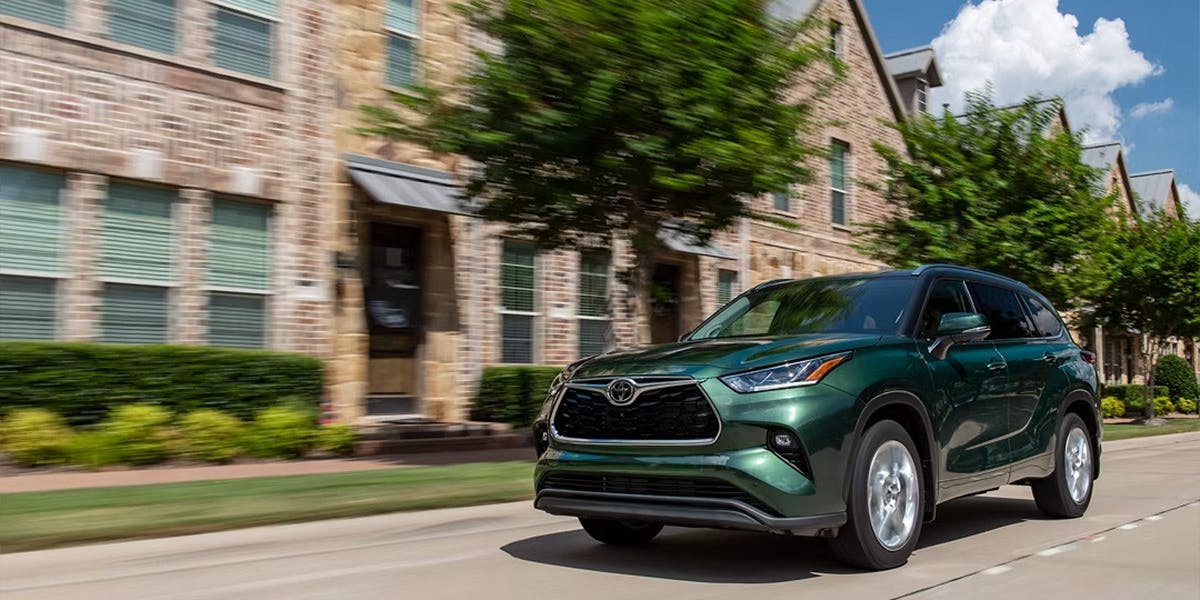How to buy a used car in BC - 13 tips
Before we dive deep into the important tips, are you not curious about why you should purchase a used car in the first place? Let us take a look at the different reasons so that you can purchase with more confidence!
Why Purchase A Used Car in British Columbia?
It’s not easy to make this decision. Why should I go for something that is not brand new? What are the advantages of buying a used car? We have the answer for you! The reason behind wanting to purchase a used car in British Columbia is really simple. The biggest advantage is the lower price. Due to the price of second-hand cars in British Columbia being lower than new cars, it helps buyers save money when they are trying to shop for any model, whether it is reputed, imported, or from a domestic brand.
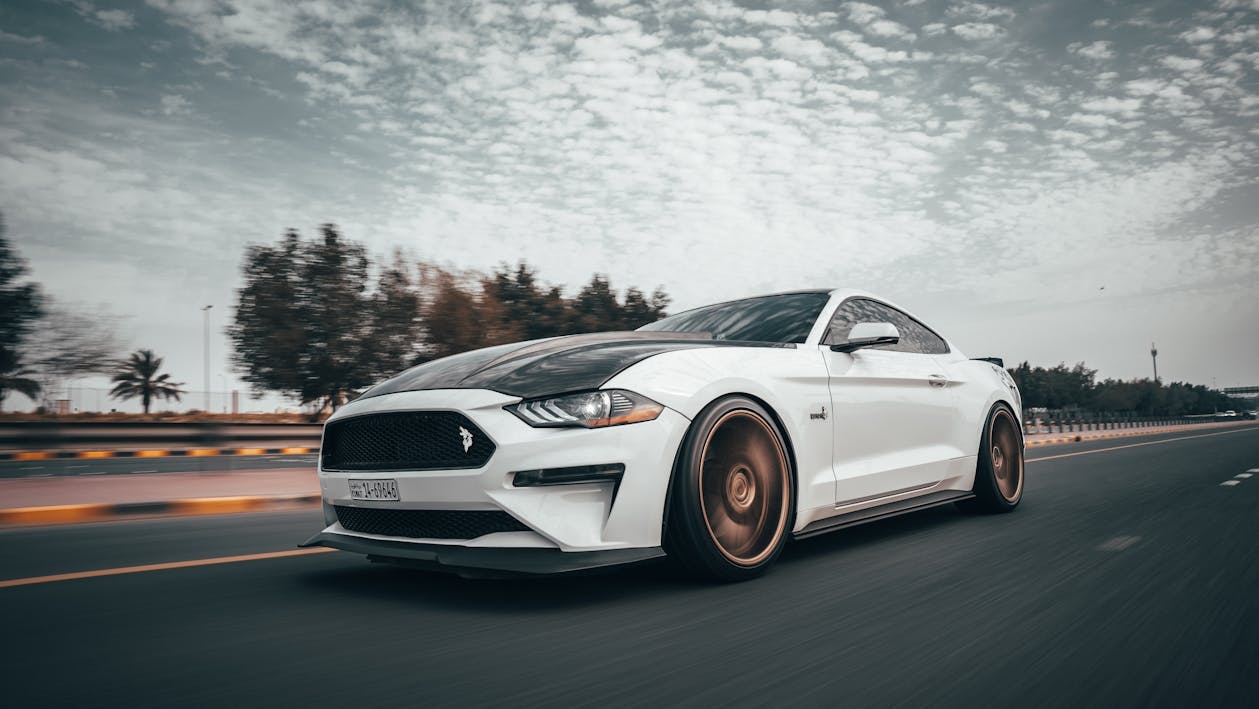
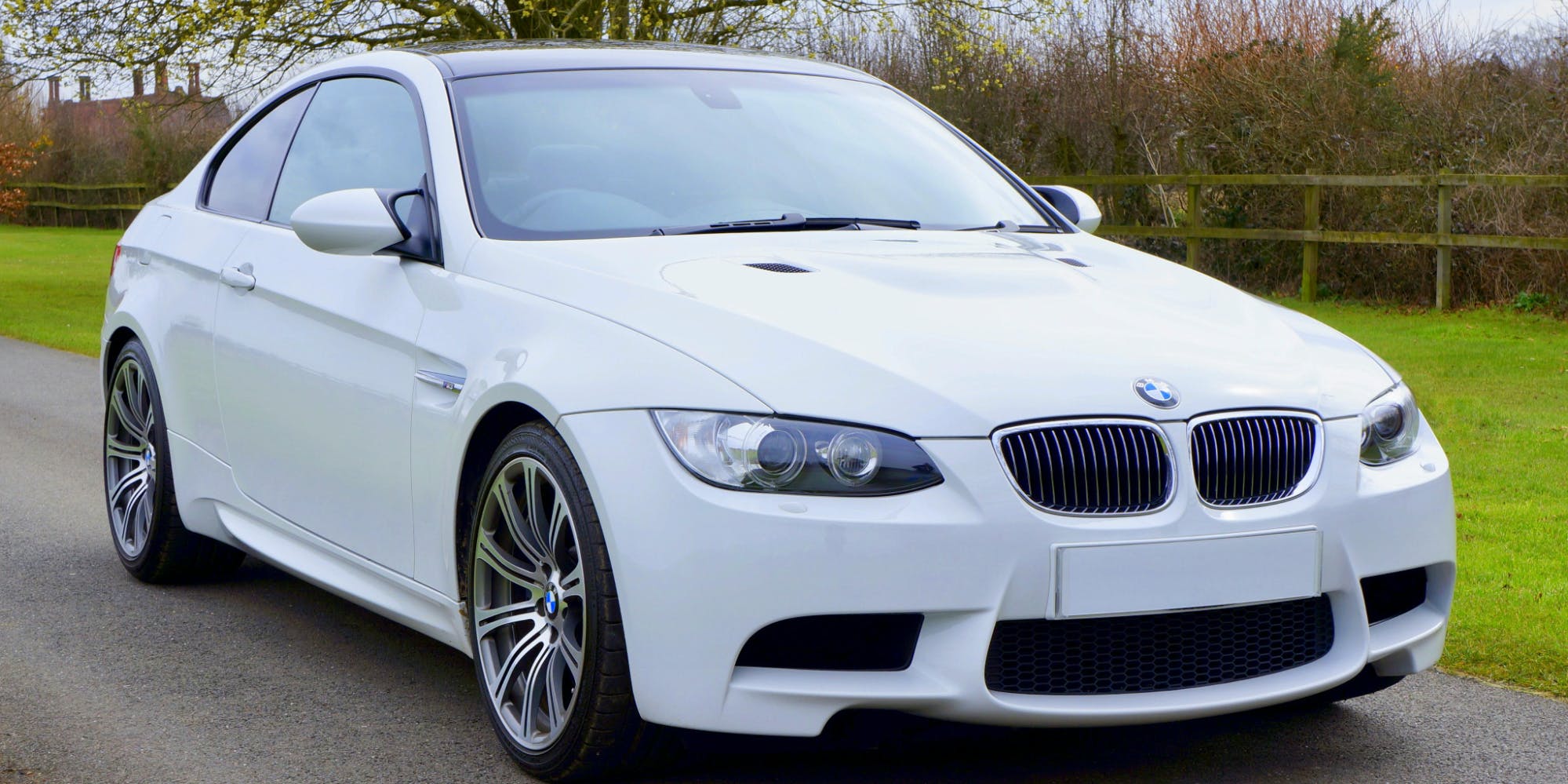


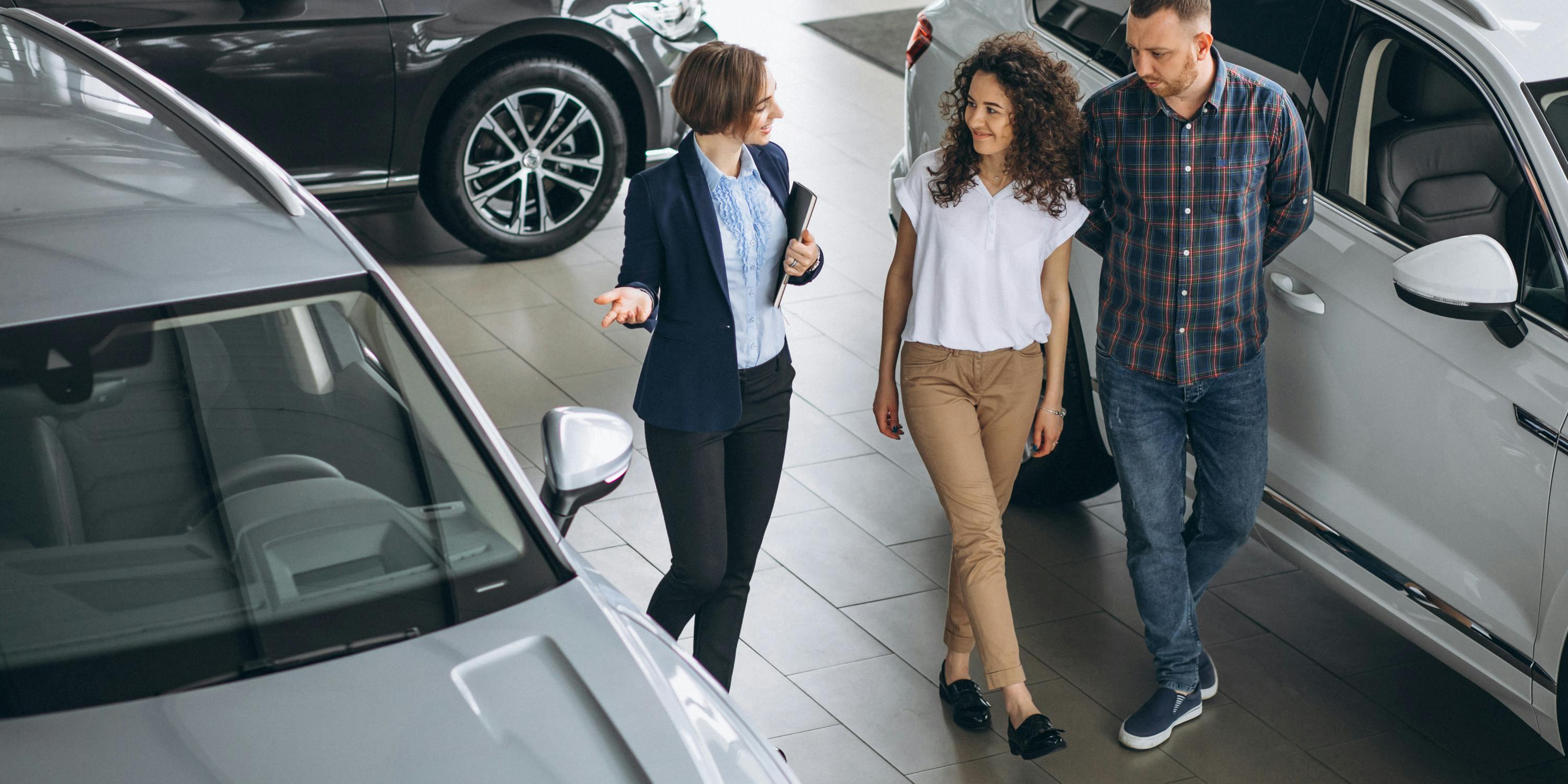


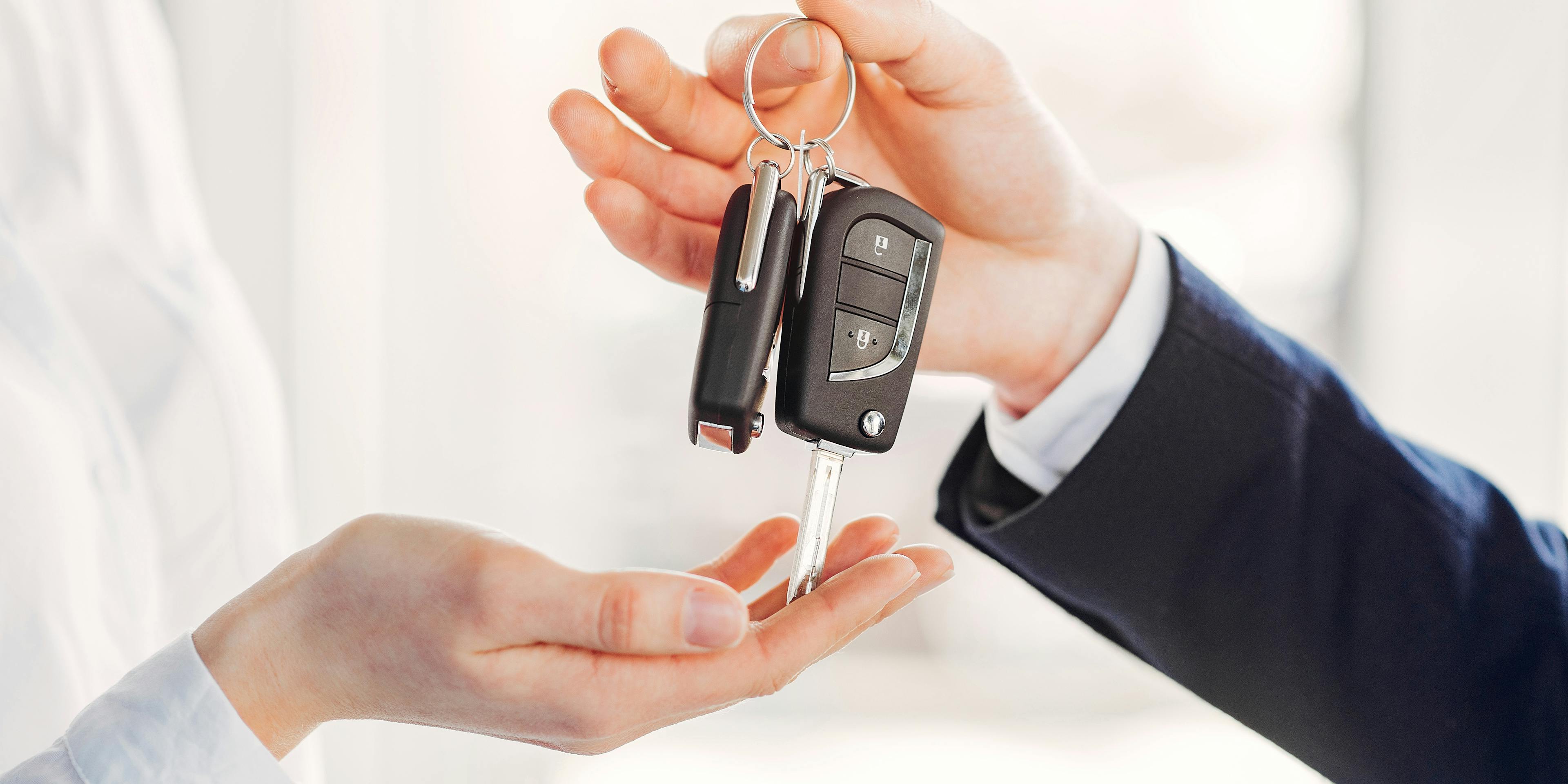

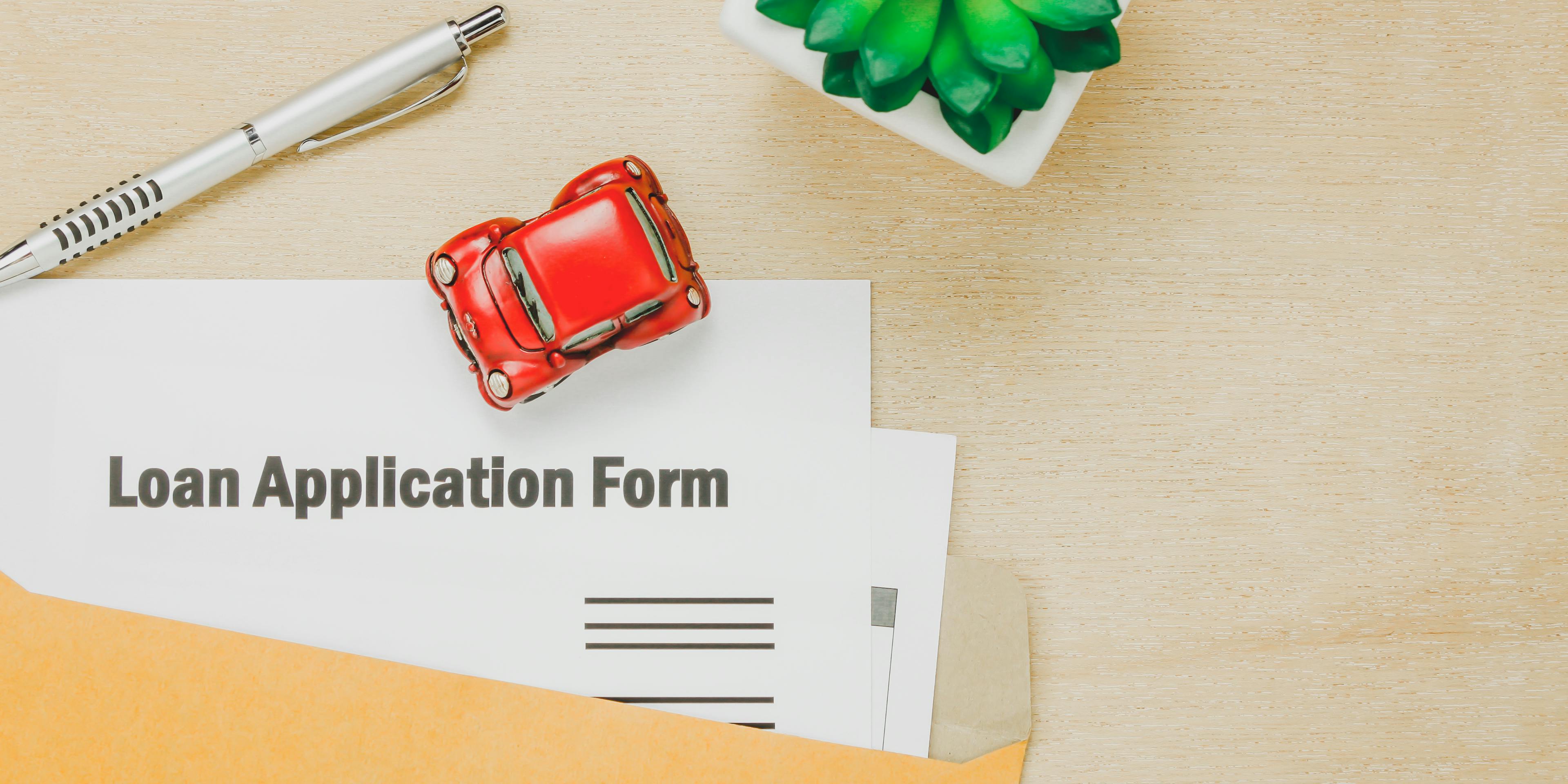
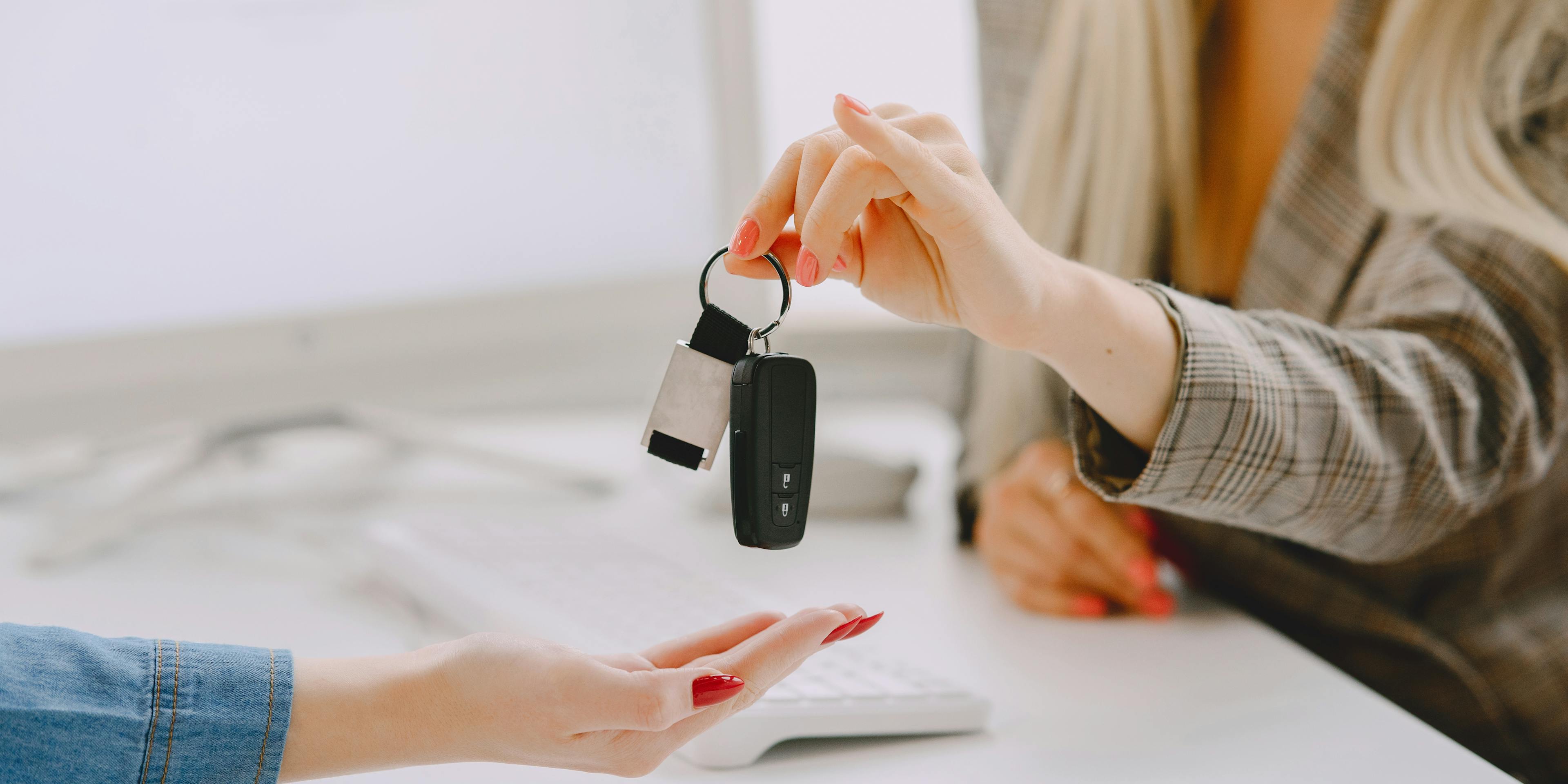
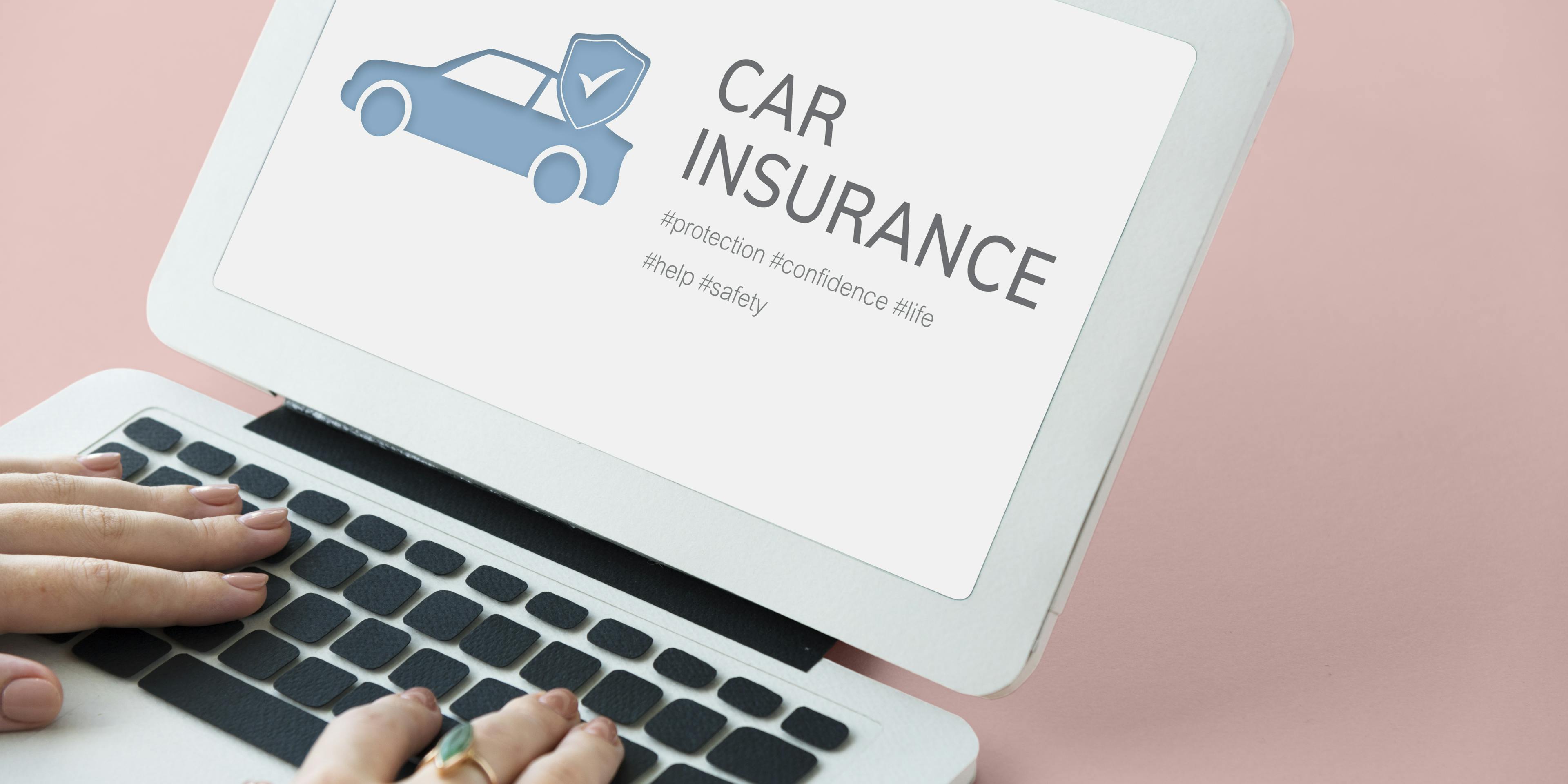
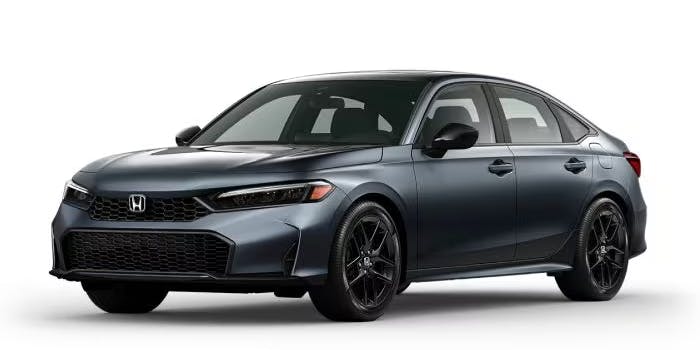
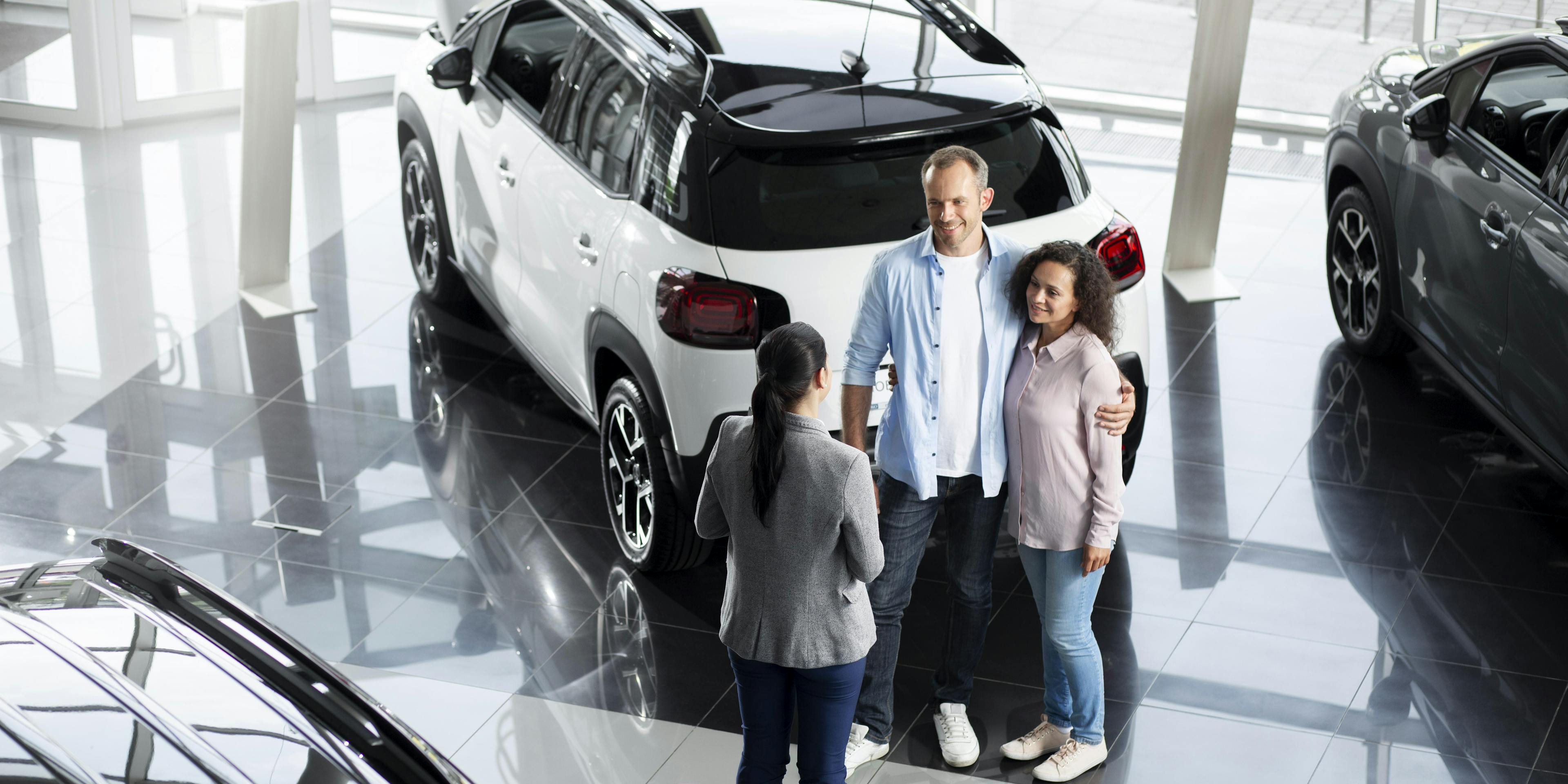
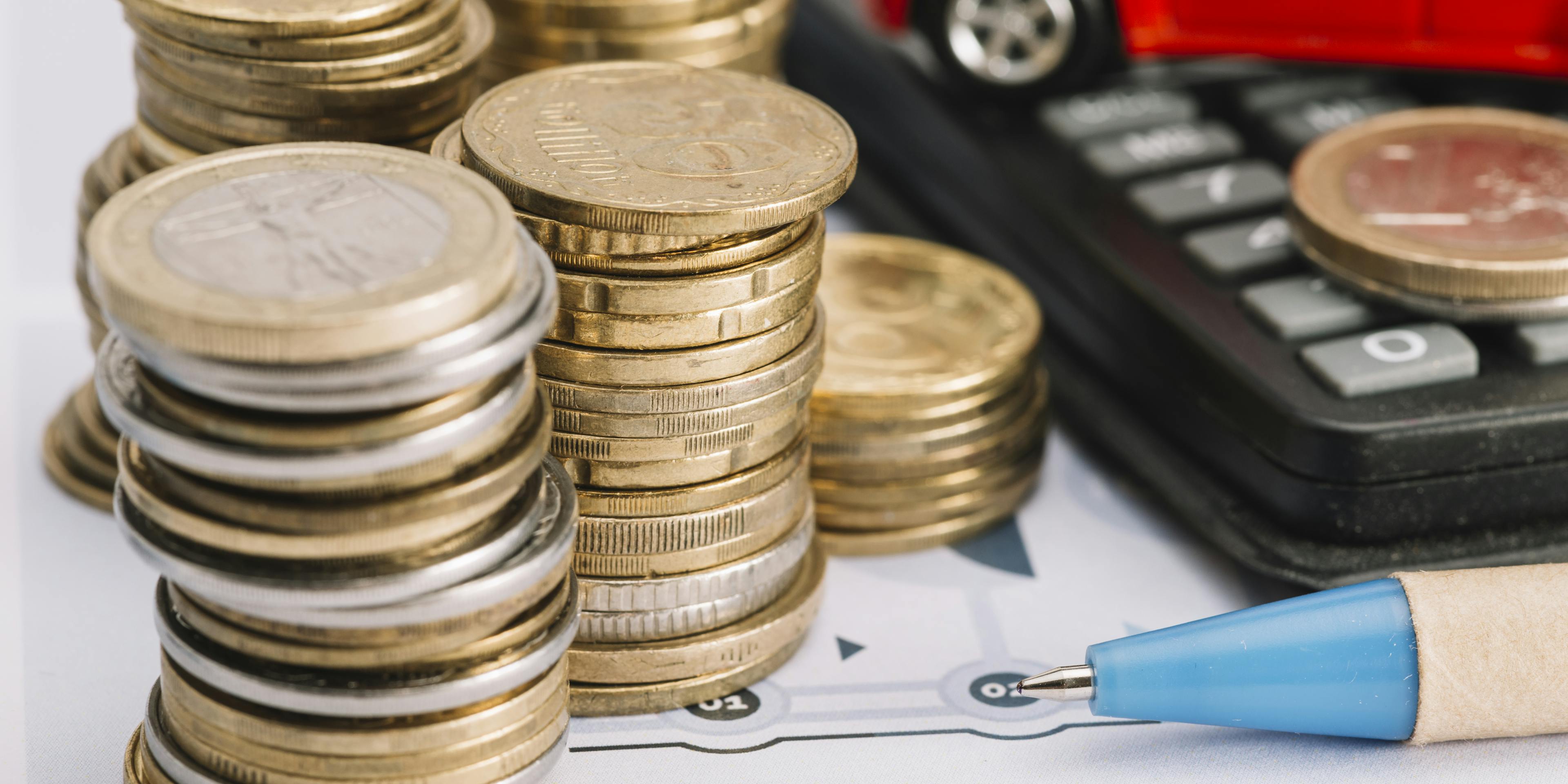
![British Columbia Used Car Tax | Used Vehicle Tax In BC [2025]](https://images.prismic.io/autolendinghub/aBA3OvIqRLdaBsPl_midsection-customer-signing-contract-table_1048944-6900322.avif?auto=format%2Ccompress&rect=0%2C52%2C626%2C313&w=3840&fit=max)
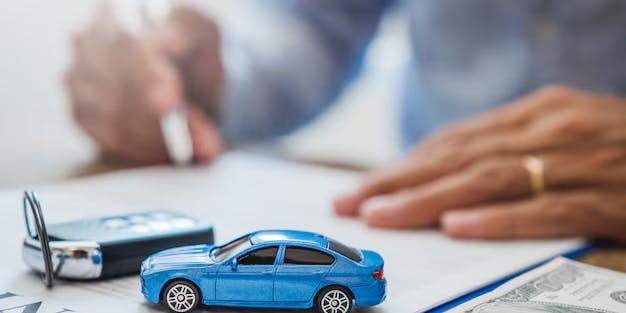
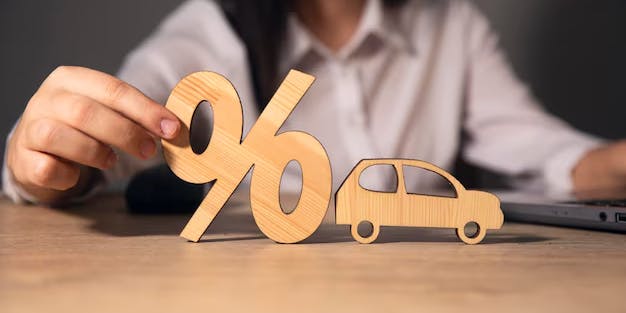

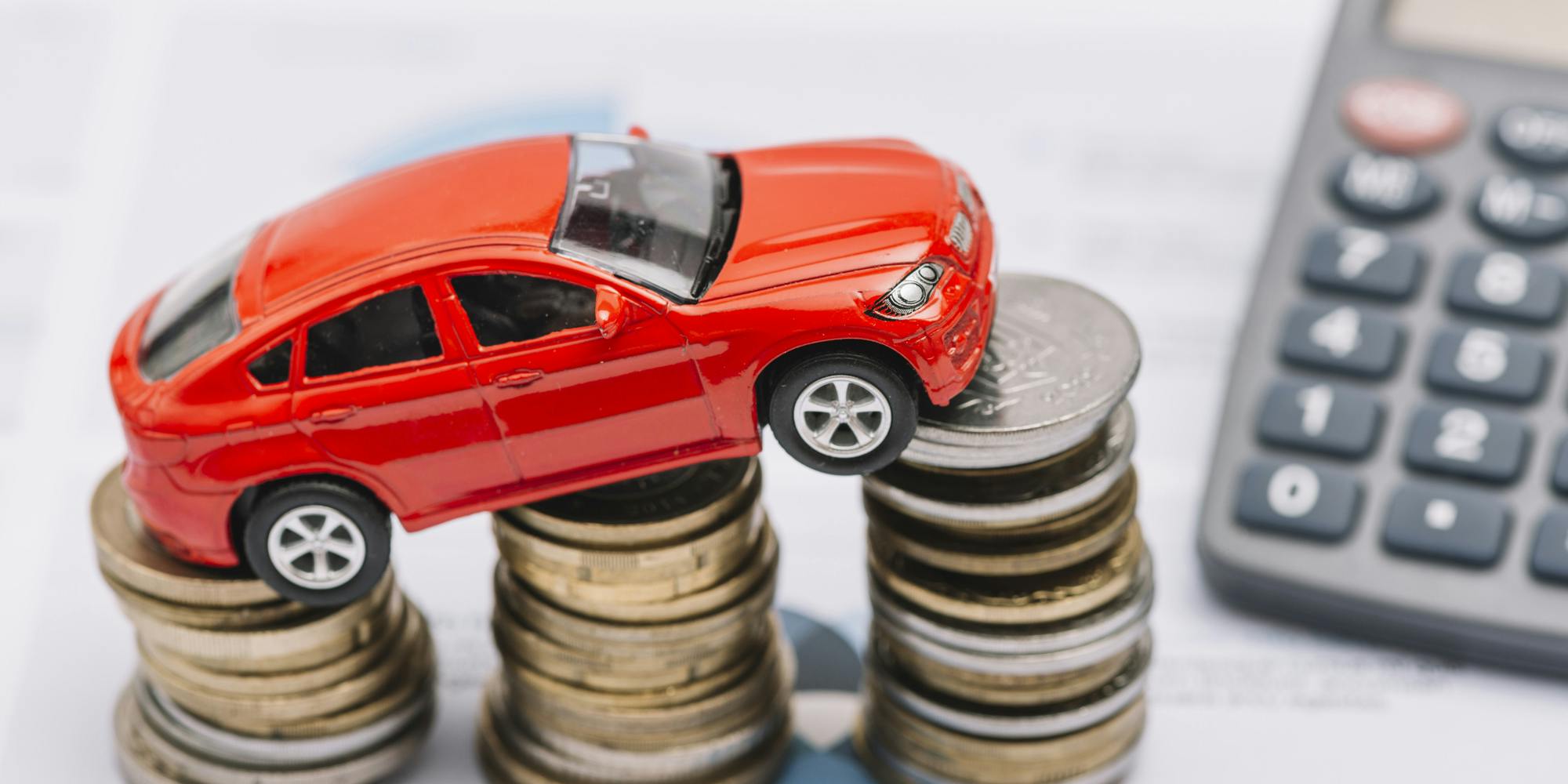
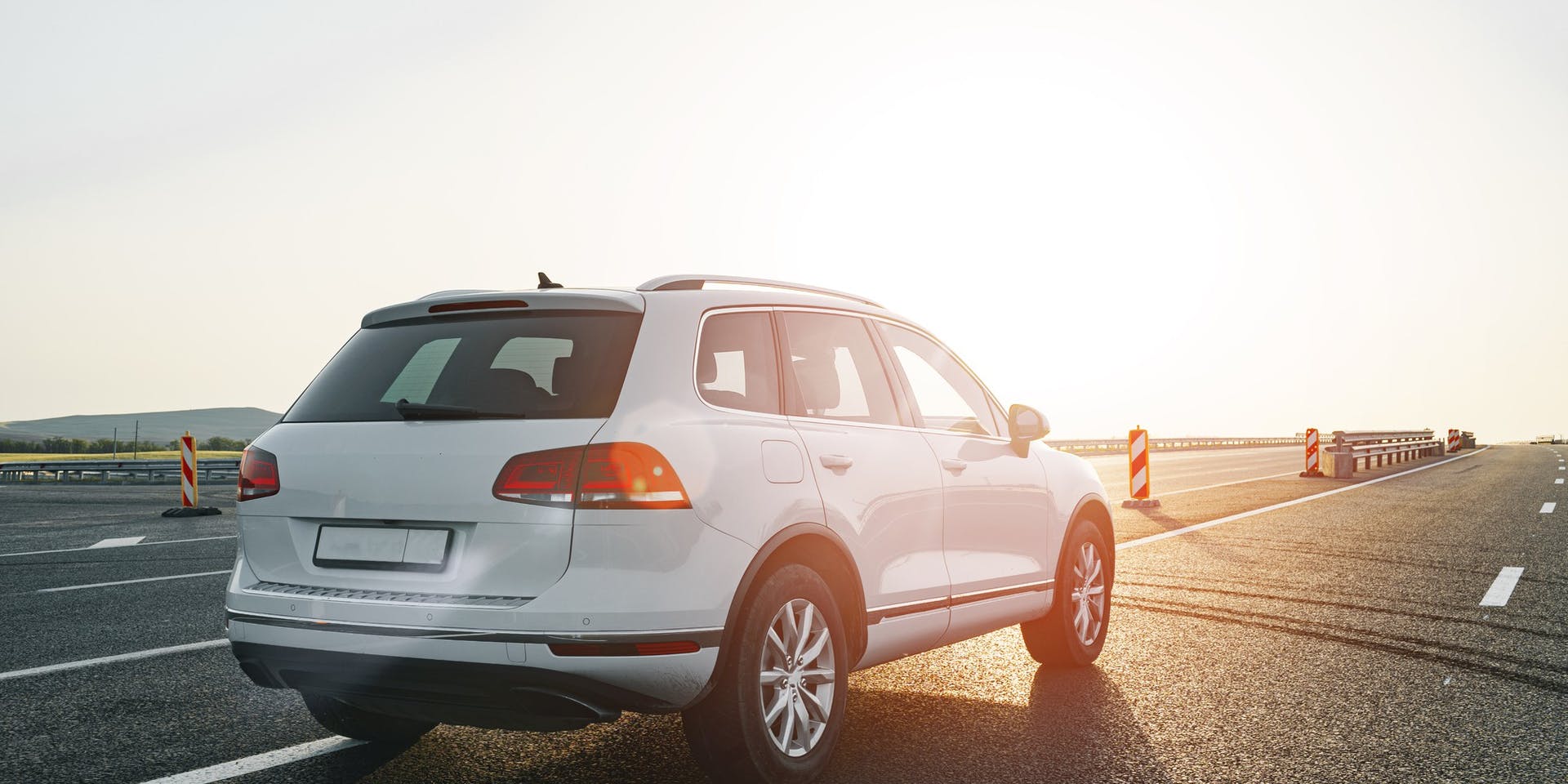
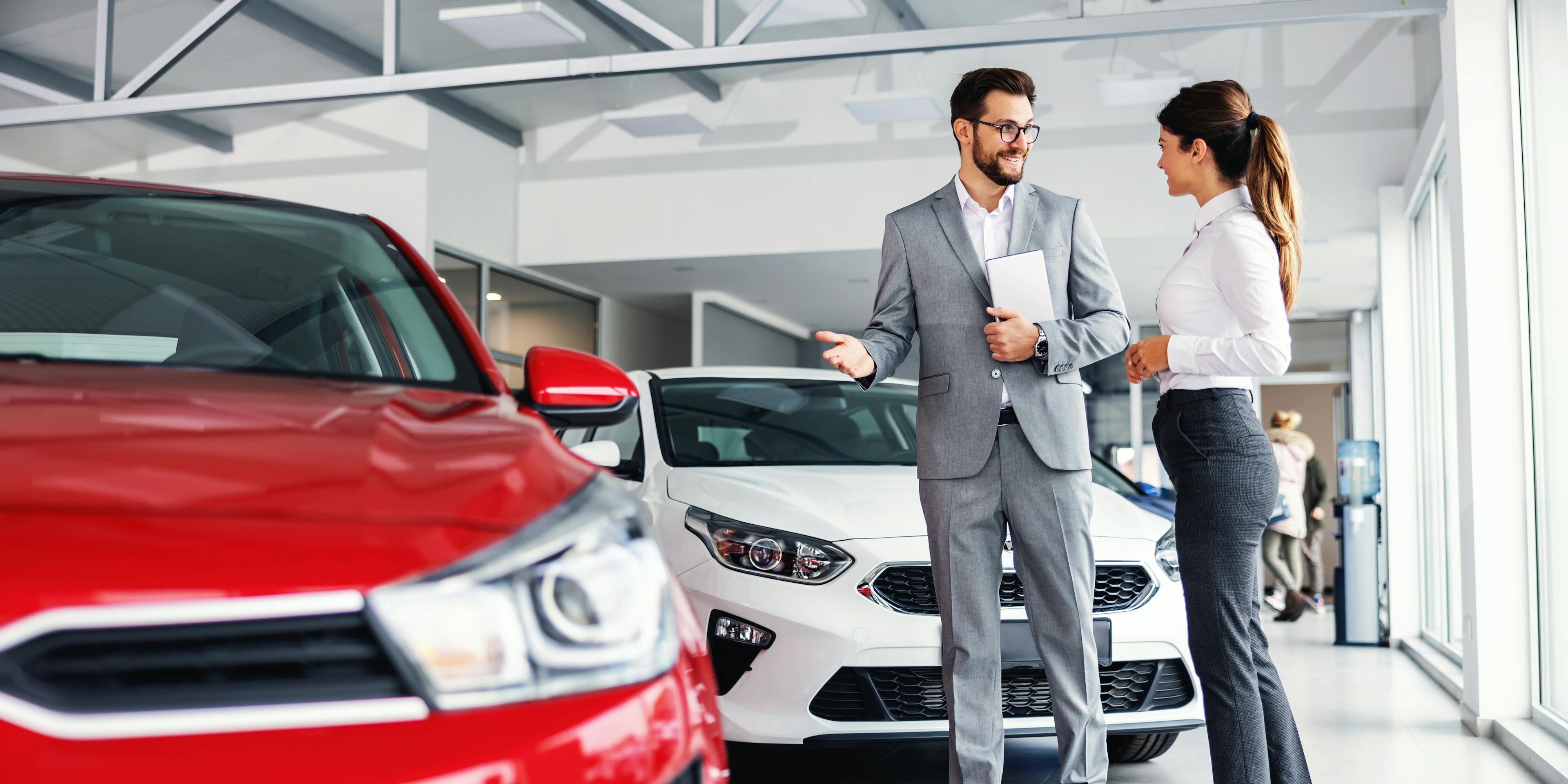
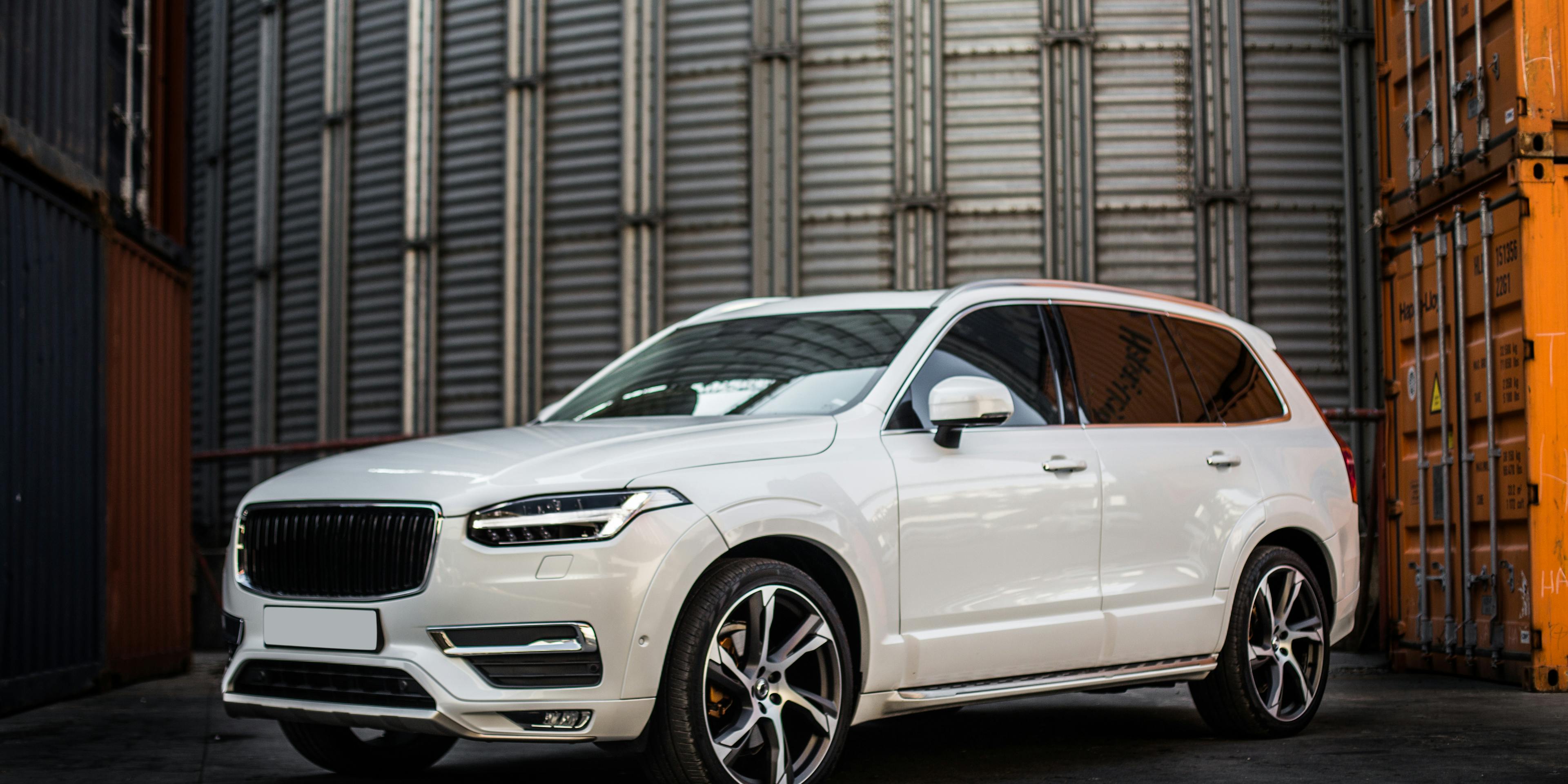
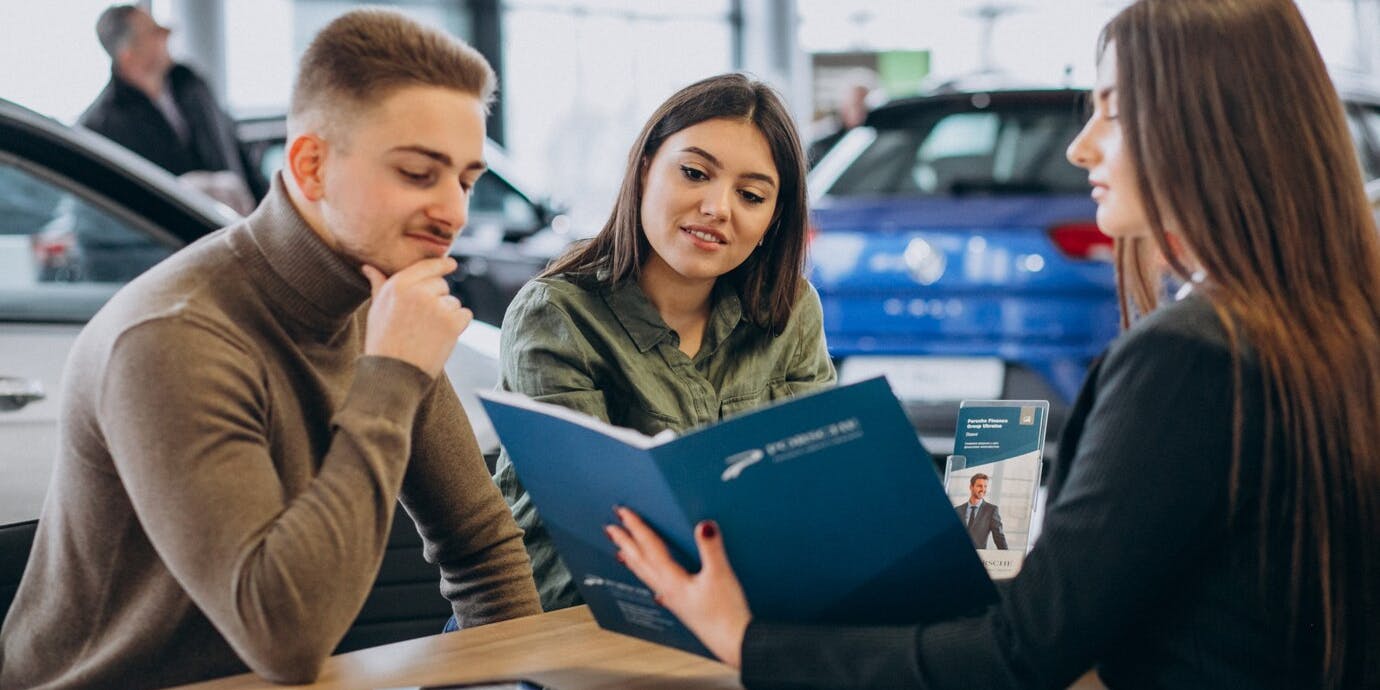
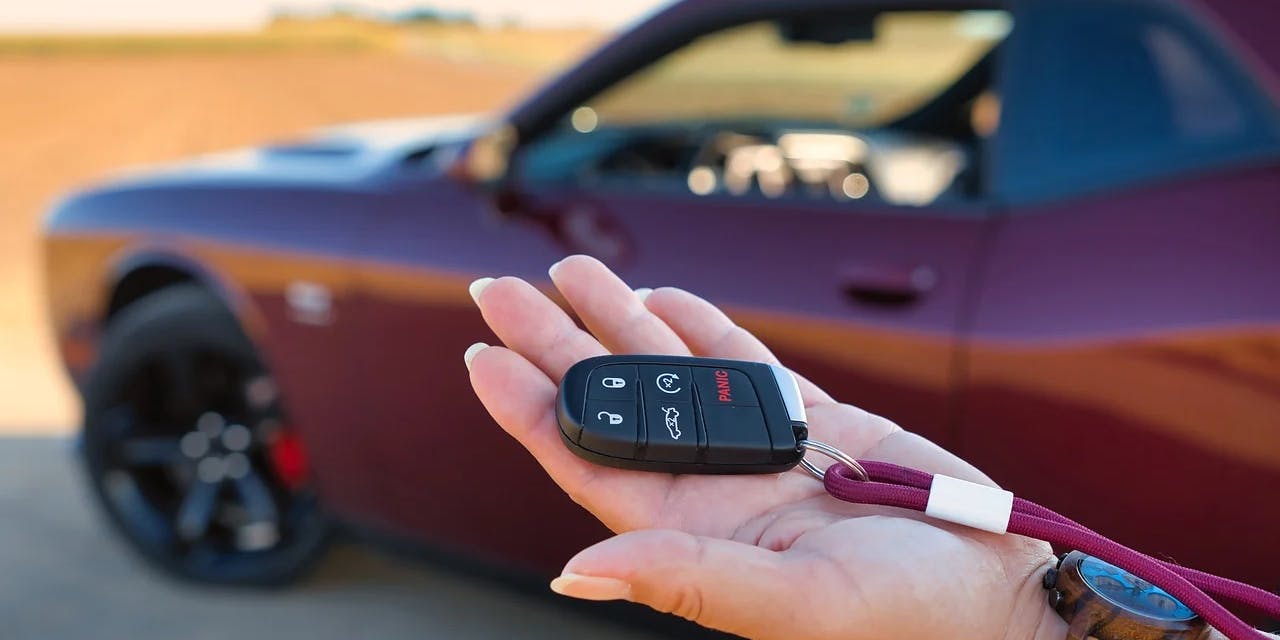
![How Much Credit Score is Required For Car Loan in Canada? [2025]](https://images.prismic.io/autolendinghub/Z5peVpbqstJ9-AaC_pexels-photo-7236362.jpeg?auto=format%2Ccompress&rect=0%2C94%2C1125%2C563&w=3840&fit=max)
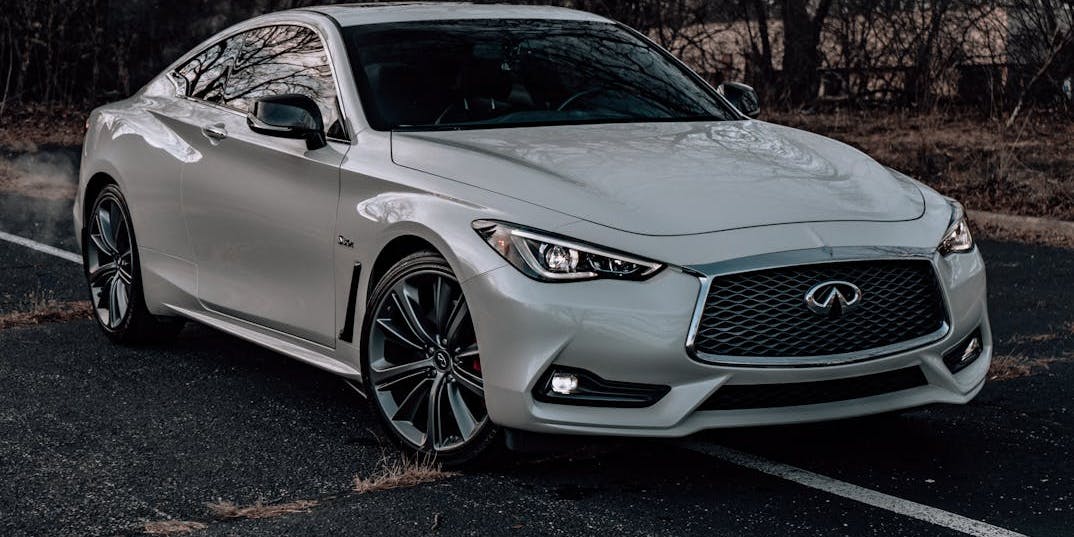
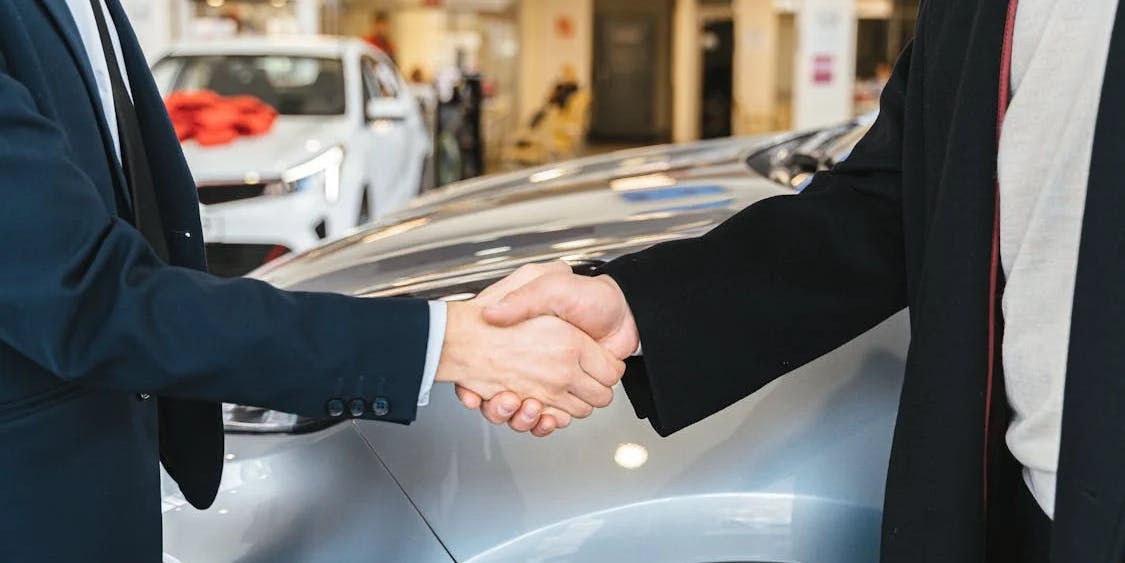
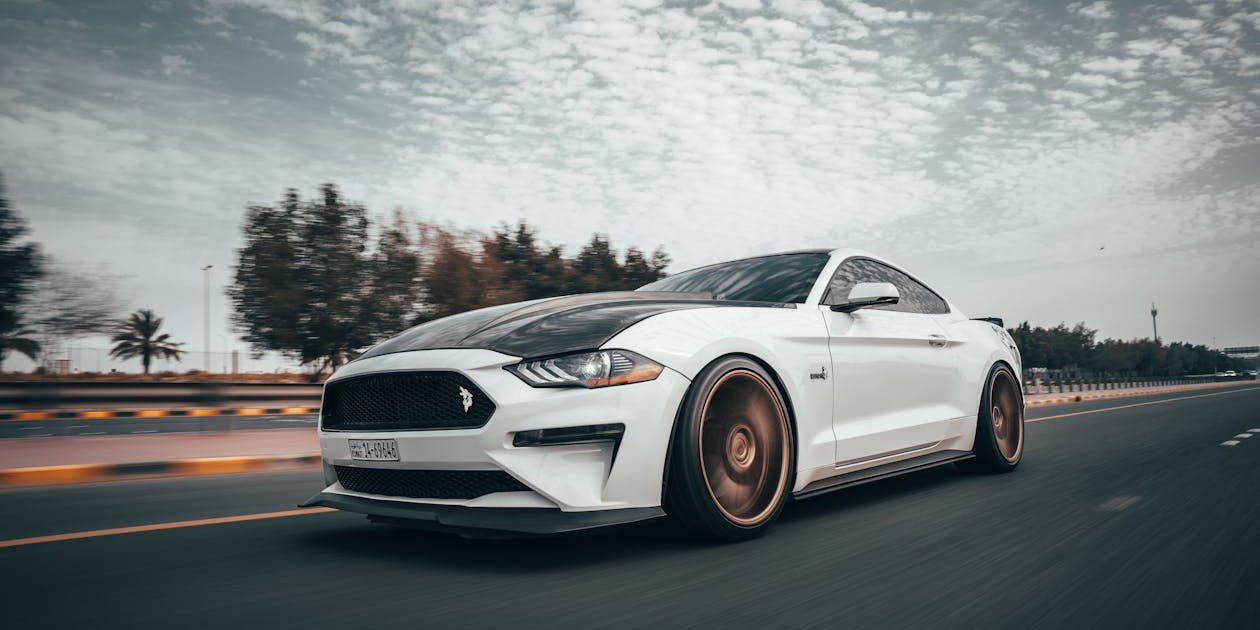
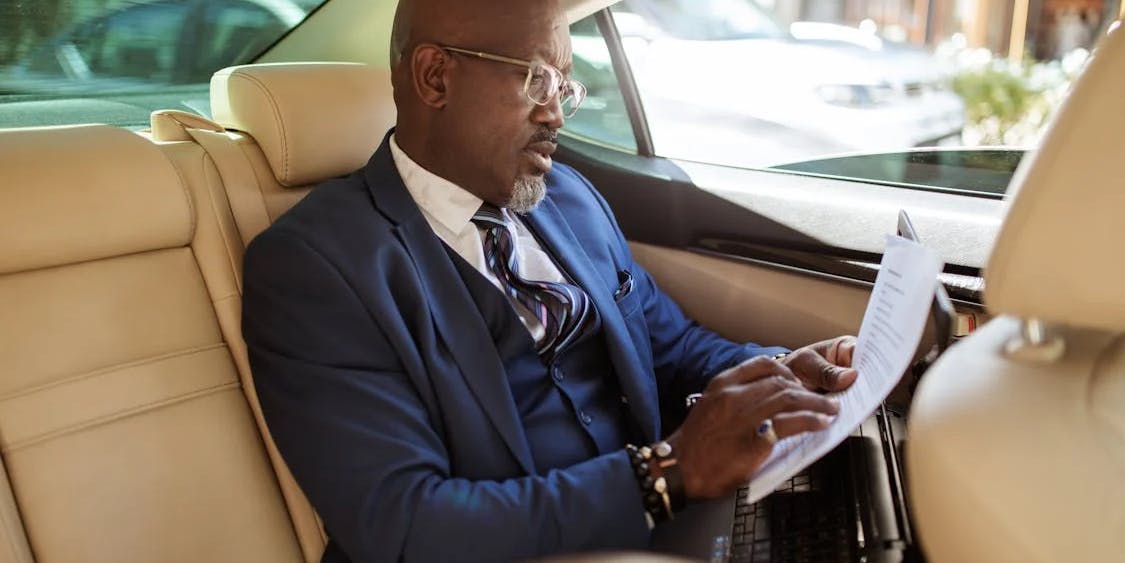
![How To Avoid Paying Taxes On Used Car Purchases In BC [2025]](https://images.prismic.io/autolendinghub/Z0GBlq8jQArT1Oj8_image3.png?auto=format%2Ccompress&rect=0%2C177%2C1127%2C564&w=3840&fit=max)
